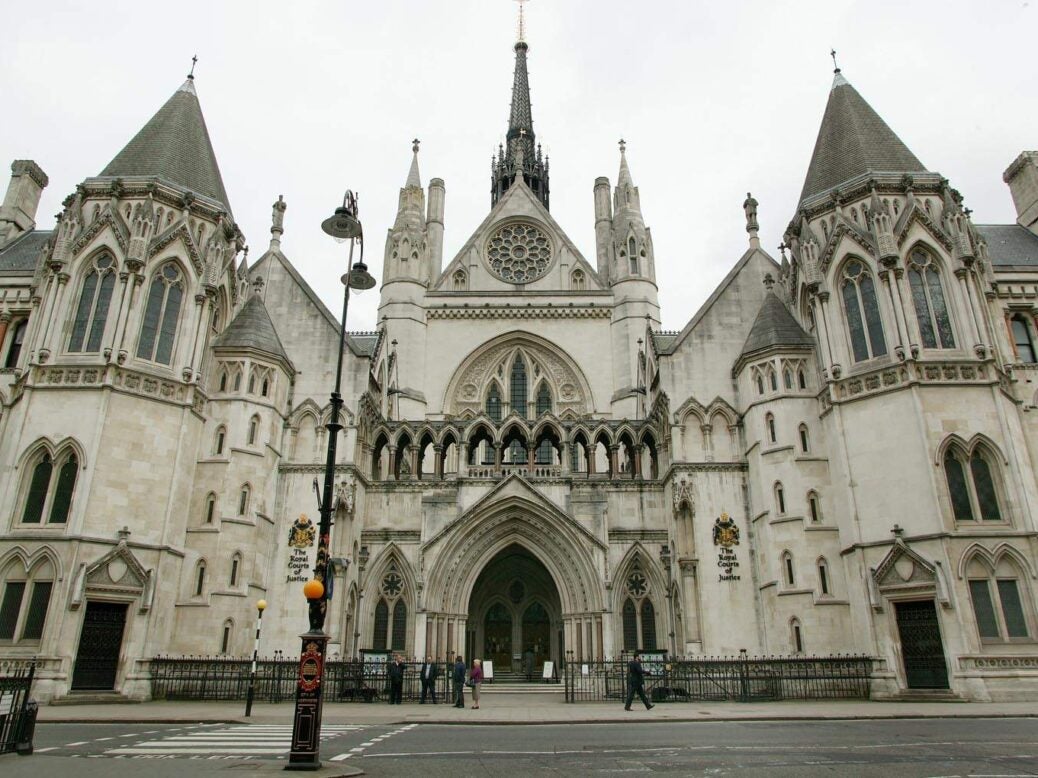
The late Mrs Corrall left a gift to her daughter whose unknown financial agreement prompted legal action from a former spouse, says Arabella Murphy.
‘I haven’t spoken to my mother-in-law for two years. We haven’t quarrelled. I just don’t like to interrupt her.’ ‘My mother-in-law has so many wrinkles, when she smiles she looks like a Venetian blind.’ ‘Behind every successful man stands a surprised mother-in-law.’ The late Les Dawson built much of his career on telling irreverent jokes about ‘the wife’s mother’, and one suspects he may have been amused by the story of Mrs Corrall which emerged last week.
Mrs Corrall was the mother-in-law of Colin Randall, and she died in 2013, apparently leaving exactly £100,000 to her only daughter, and the balance to her grandchildren. The difficulty was that Mr and Mrs Randall had divorced some years earlier and it was an express term of their financial arrangements that, if Mrs Corrall left her daughter more than £100,000, the excess would be shared equally with Colin. The divorcing spouses understood that they could not influence her will or hold out any hope that she would make particular bequests.
When, on her death, it was found that her will conveniently arranged things in such a way that nothing was due to Colin, a suspicion arose that the will was invalid. In the High Court, his claim to set aside the Will failed because, even though the assumed facts did indeed point to it being a forgery, Colin had insufficient standing to challenge the will, being a creditor of his former wife, rather than a creditor of the deceased or a beneficiary. He appealed.
The Court of Appeal noted that family members and creditors are among those entitled to challenge the validity of a will, and that it would be an odd result if Mrs Randall and her children (who were clearly not proposing to revoke the grant of probate, but were the only ones otherwise able to do so) could benefit from a document that was invalid, merely because there was no one with standing to challenge it. Even the Court of Appeal, however, had in the end, to decide that ‘justice in the general sense’ required Colin to be allowed to proceed with his claim, as no previous case had decided the point clearly. Colin clearly had a real interest in challenging the will, and was ‘not a mere busybody’.
In a divorce, the court can take account of anything it considers to be a ‘resource’ available to either spouse, which may include past inheritances. It is unusual to include future hoped-for gifts, unless the anticipated gift is likely to be significant and the death is imminent. But couples are free (in pre-nups or at any time) to agree whatever they wish, and in this case, having limited resources to divide, the couple themselves had agreed on this, presumably confident that Mrs Corrall would leave her whole estate to her only child. Les Dawson might have suggested that it is unwise to rely too greatly on the bounty of one’s mother-in-law, although it may not have been Mrs Corrall who changed her mind. It will be interesting to see who has the last laugh.
Arabella Murphy is head of private wealth at boutique private client law firm Maurice Turnor Gardner LLP.






